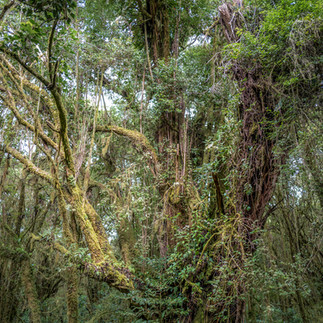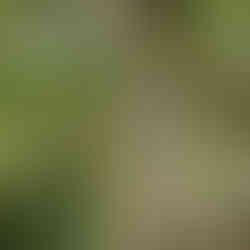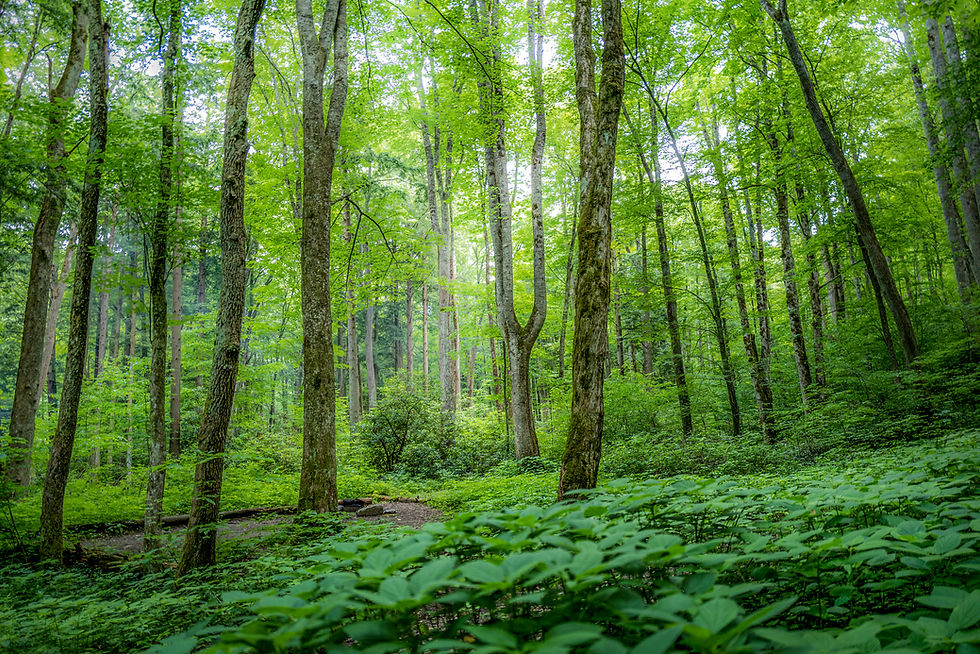The Enchanted Oak Forest of Barva Volcano, Costa-Rica
- Amit Zoran
- 30 בדצמ׳ 2023
- זמן קריאה 2 דקות
עודכן: 18 במרץ 2024

In the heart of Costa Rica lies the central mountain range, the Cordillera de Talamanca, stretching from Panama to elevations as high as 3,000 meters. This region is adorned with a variety of cloud forests, among which the Monteverde Cloud Forest stands as the most renowned. Beyond Monteverde, the southern reserves—Chirripó National Park, La Amistad International Park, and Los Quetzales National Park—boast less disturbed habitats, featuring expanses of pristine primary rainforest.
These cloud forests host a diverse array of oak species such as Quercus costaricensis, Quercus seemannii, and Quercus copeyensis. Notably, these forests are home to some of the largest and tallest oaks in the world, underscoring the ecological significance of Costa Rica's biodiversity. A prime example is the 'Grandfather Oak,' a majestic Quercus copeyensis in Parque Nacional Cerro de la Muerte, Cartago, Costa Rica. Documented by Bart Bouricius in 2014, this oak stood as the tallest accurately measured at that time, eclipsing any known oak in the United States or Europe. It boasts a circumference at breast height (CBH) of 14.2 meters, augmented by large buttresses—a common feature in many tropical rainforest trees. Above these buttresses, at 4.3 meters, the girth measures 5.8 meters. Bouricius's discovery has fueled interest in the region's flora, particularly regarding an even larger and taller oak rumored to exist nearby.
Barva Volcano, or Volcán Barva, a prominent stratovolcano in central Costa Rica, forms a vital part of the Central Volcanic Conservation Area and embellishes the landscape of Braulio Carrillo National Park. Rising to approximately 2,906 meters (9,534 feet), Barva is celebrated for its three crater lakes and a diverse environment teeming with flora and fauna, including a variety of bird species within its cloud forests. Despite its sporadic historical activity, the volcano has been dormant for centuries.
Surrounded by lush forests and breathtaking scenery, Barva Volcano offers a serene retreat, distinct from the bustling tourist destinations in Central Costa Rica. In contrast to the Monteverde Cloud Forest with its array of attractions, Barva emphasizes unspoiled natural beauty. Its relative inaccessibility, requiring a sturdy 4WD vehicle, explains the fewer visitors, despite its remarkable forest and central location. This seclusion provides a unique opportunity for those seeking an intimate experience with Costa Rica's untouched natural heritage.
The active Poás Volcano, located 15km away from Barva Volcano, is known for its unique twisted trees, including the indigenous Quercus tonduzii, shaped by volcanic gases. Similarly, the trees at Barva Volcano, although dormant for millennia, exhibit intriguing, contorted forms, possibly reflecting a more turbulent past. The flora here seems to embody the volcano's dormant legacy, adding a mystical dimension to its serene setting and contrasting with the lush, thriving biodiversity in the region.
In this enchanting forest at Barva Volcano, the soft, sponge-like ground conceals layers of organic material. Ancient, vast trees, cloaked in a tapestry of epiphytes including mosses and lichens, create a verdant embrace. Frequent mists add to the mystery, while the scarcity of hikers contributes to an enigmatic, magical atmosphere, unmatched in any other oak forest I have encountered. I hope you enjoy the photos from the amazing primary forest of Barva Volcano, a place that truly captures the essence of Costa Rica's untamed natural beauty.
Special thanks to Paco Garin for all the help and guidance.










































Comentários